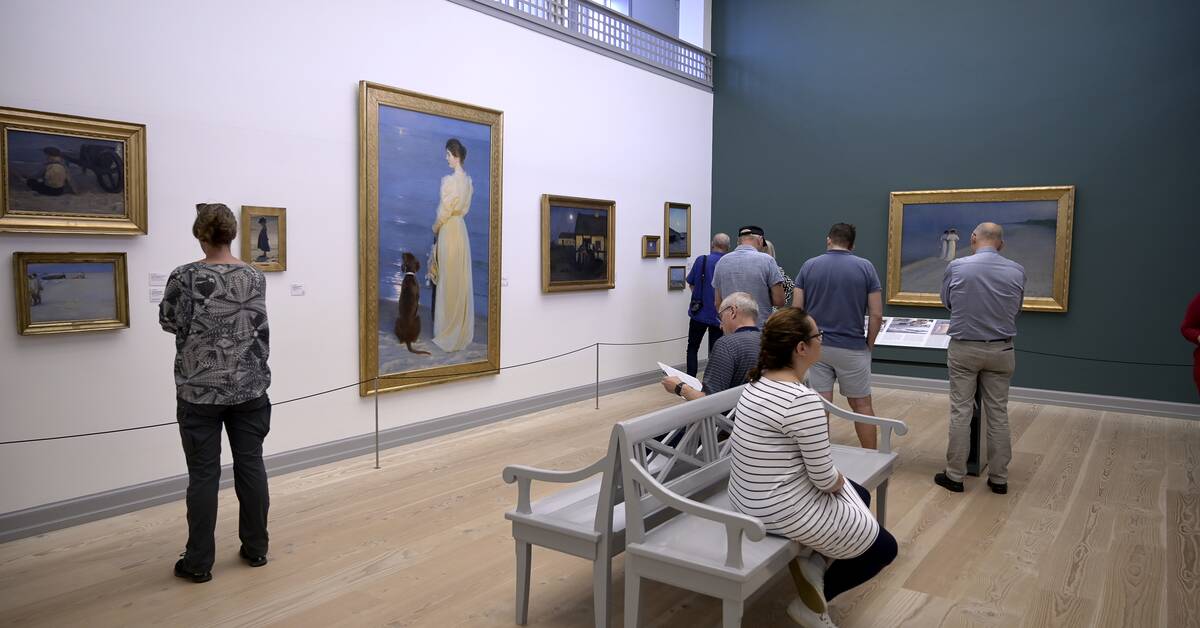The exhibitors' poor finances have consequences. Artists have long found it difficult to get paid when they participate in exhibitions.
In 2009, the MU agreement was therefore introduced, which is intended to guarantee a reasonable fee. This applies to state institutions, but should also guide all organisers who receive public support.
Although an agreement is in place, not everyone follows it.
"It's as if you've never done a sufficiently deep analysis. You have to think "they have to get paid – then we make a deal". But in reality, those who commission the artist must also have the resources to pay them for, says acting Secretary General of Visual Arts Sweden, Magdalena Malm.
"Extremely strained financially"
A new survey by the industry organization Visual Arts Sweden shows that half of their members (museums, art galleries, art associations) have been worried about having to close their business in the last five years. And three-quarters are reported to be in an "extremely strained economic situation".
"There is very little money in the art system, because the organisers of visual arts have been forgotten as important actors in cultural policy," says Malm.
The Government will review the agreement
The Government wants to reshape the MU agreement so that it becomes easier to use. On 1 June, the Swedish Arts Council will submit proposals to the Ministry of Culture on what this might look like. But according to the industry organization Visual Arts Sweden, this is not enough.
On Thursday, they presented proposals to the Minister of Culture at DN Debatt – including more money via the cultural collaboration model.
"The visual arts have incredibly little of the state's cultural policy money. And as long as this is the case, actors will of course not be able to afford to pay the cost, regardless of a new MU agreement, says Magdalena Malm at Visual Arts Sweden.
Minister of Culture Parisa Liljestrand writes in an email to Kulturnyheterna that she shares the view that there is more to do, but that she does not want to pre-empt the investigation of the cultural collaboration model.

